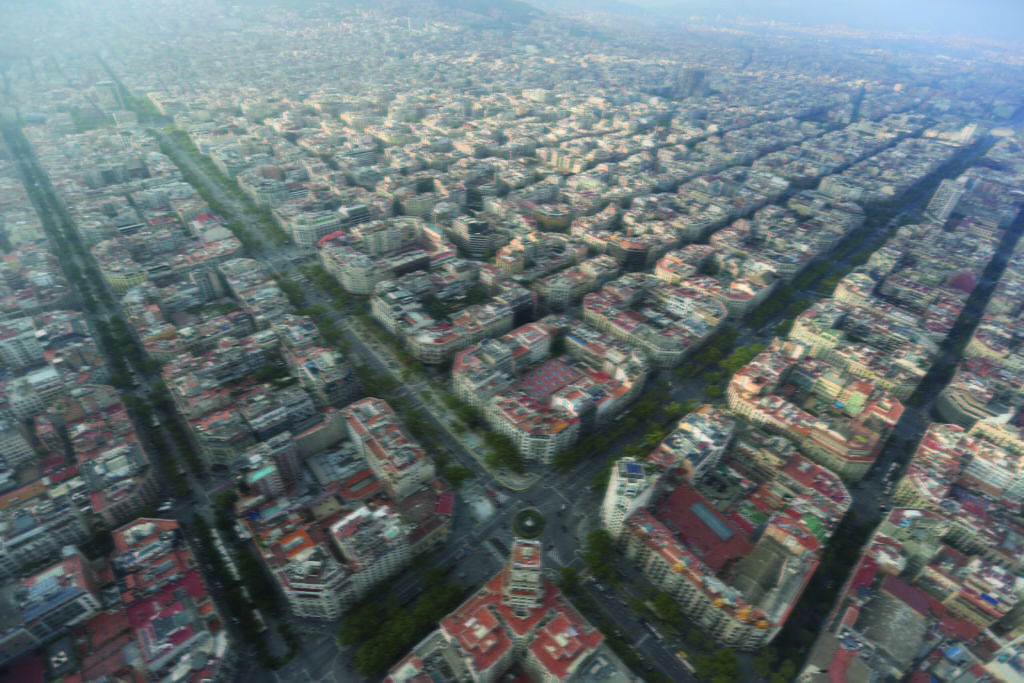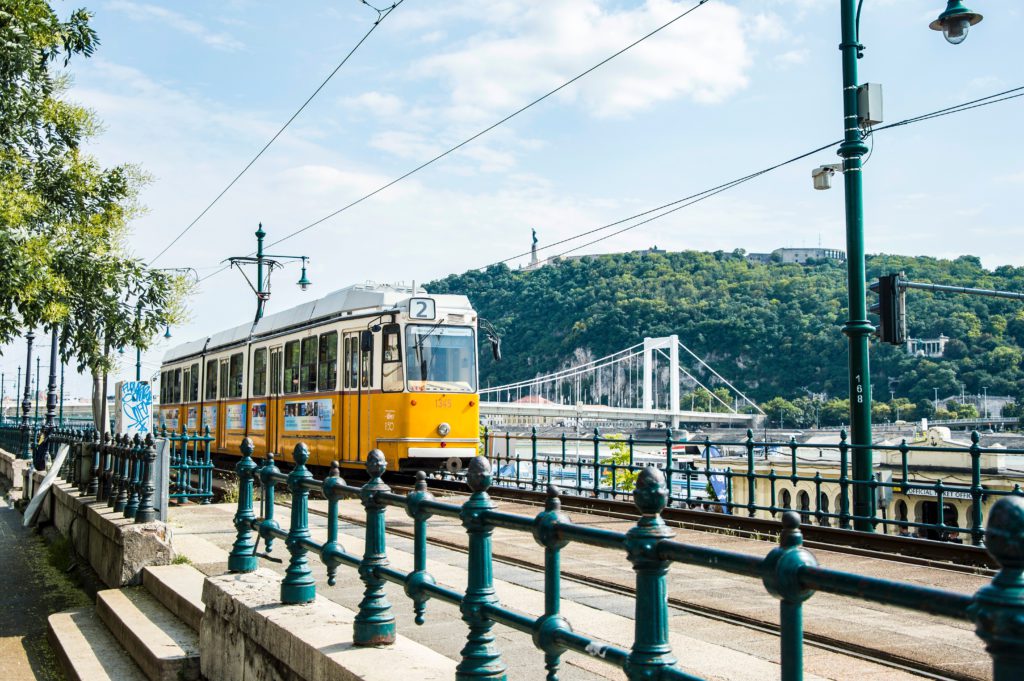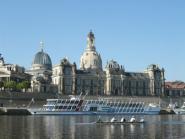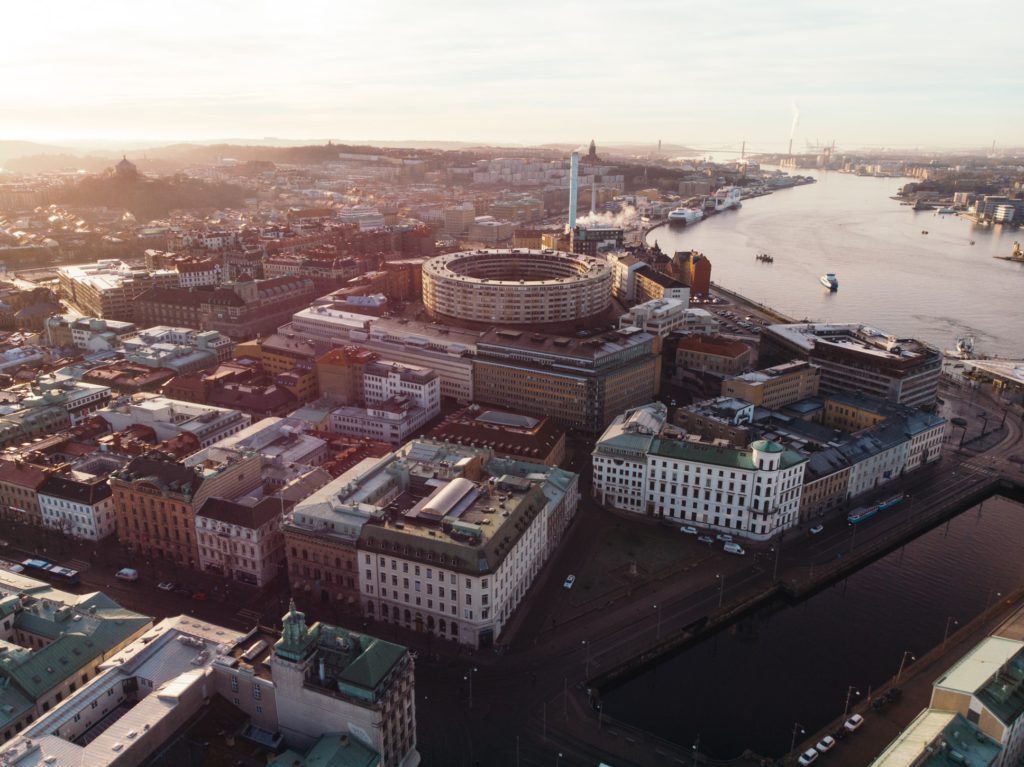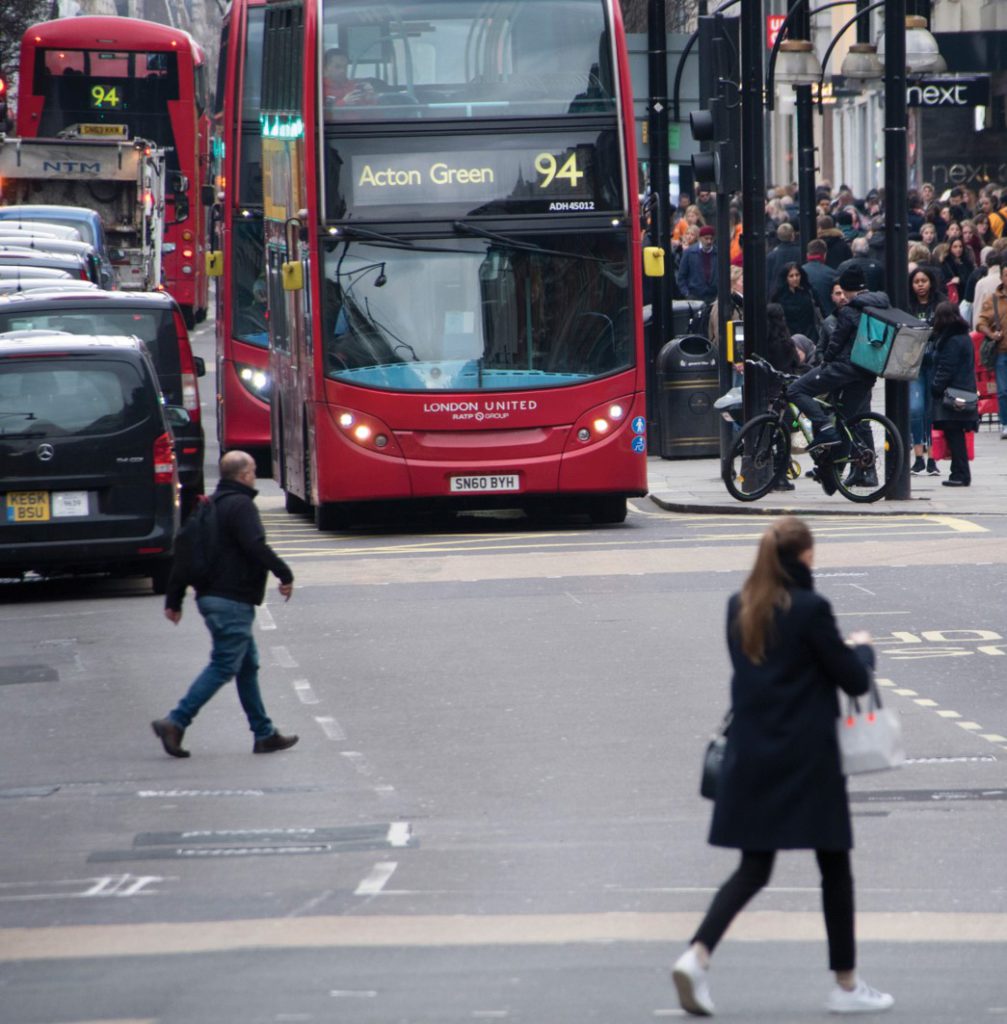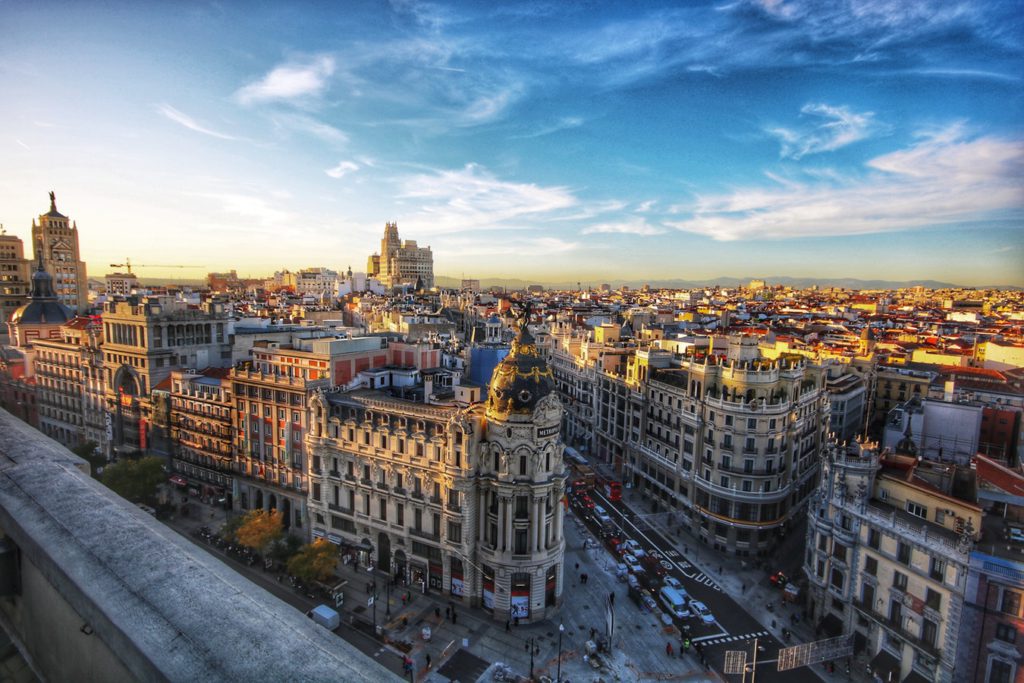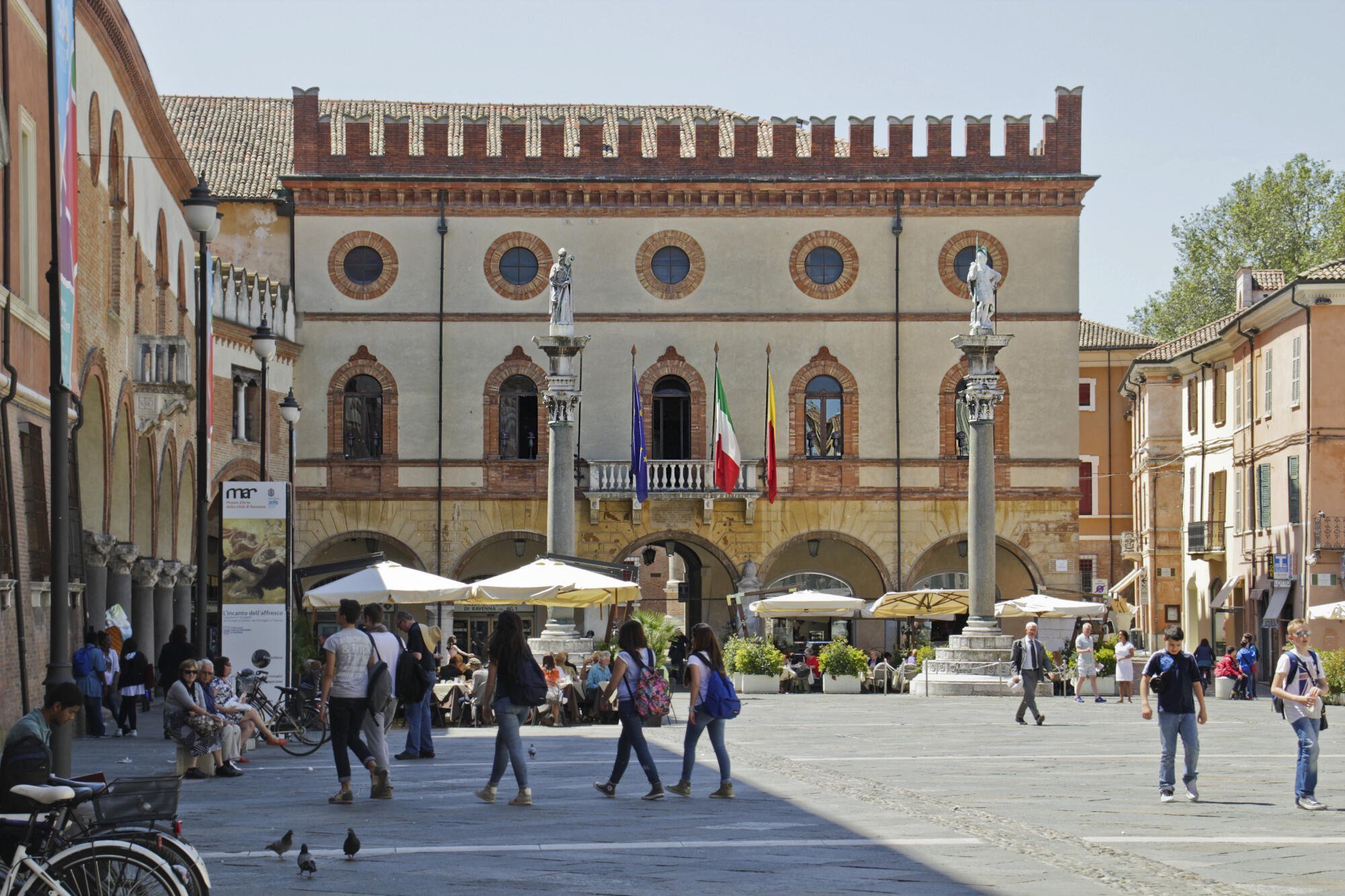EBSF_2
The goal? To establish new generation of urban bus systems through new technologies and infrastructures.
The European Bus System of the Future 2 (EBSF_2) project capitalized on the results of the previous EBSF project. EBSF_2 focused on developing a new generation of urban bus systems using new vehicle technologies and infrastructures in combination with operational best practices and tested them in operating scenarios within several European bus networks. 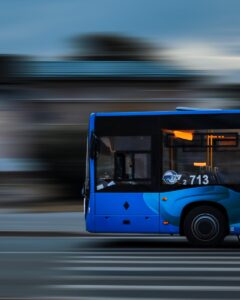
The distinctive factor of EBSF_2 was the consortium’s ambition to improve the image of the bus through solutions for increased efficiency of the system.
In the frames of the EBSF_2 project, innovative solutions for urban and suburban bus systems were tested and evaluated to improve the efficiency of operations and the image of the bus. By involving 12 demonstration sites with more than 500 vehicles, the project validated in real operational scenarios the potential impact of technological innovations – almost ready for application – and developed efficient answers to both citizen's and bus stakeholders’ needs.
The EBSF_2 technological innovations were tested in 12 European cities: Barcelona, Dresden, Gothenburg, Helsinki, London, Lyon, Paris City and Paris area (Brunoy and Nanterre), Madrid, Ravenna, San Sebastian, and Stuttgart.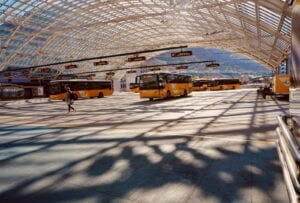
Each city was committed to testing a subset of innovations and several vehicles were equipped with these solutions and ran in operation for a period of between six months and one year. Overall, the 12 demonstrations dealt with the most current propulsion technologies (internal combustion, hybrid, electric) and addressed very different bus services (from Bus Rapid Transit to local lines) by involving in the tests more than 500 vehicles (operative buses or prototypes).
Key deliverables:
- Code of practices for new design options of the exterior and interior design and layout of buses and their interface with the platform
- Code of practice for efficient driver behaviour support
- Innovative Bus Systems Roadmap for research
- Demo Description and Implementation Plan for Demonstration sites available here
- Guideline and Tool for the Introduction of Innovations: Design brief for innovative electric buses (December 2016)
The project obtained €10 million from the European Horizon 2020 Innovation action (IA) programme.
Want to keep up with the latest news? Visit the project's CORDIS page and website.

